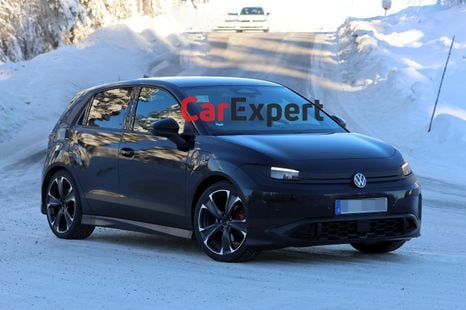

Damion Smy
2026 Volkswagen ID. Polo EV spied along with ID. Polo GTI electric hot hatch
7 Minutes Ago

Contributor
All aboard!
Japanese companies Nissan, 4R Energy Corporation, and East Japan Railway Company (JR East) have launched a trial using repurposed Nissan Leaf electric vehicle (EV) batteries on a railway crossing in Japan.
To be used as an emergency power supply in events such as power outages and maintenance work, the Leaf’s used lithium-ion battery pack replaces the lead-acid batteries usually installed on the crossing.
The particular crossing used in this trial is the Atago crossing on the Jōban Line, which runs through Minamisoma City in Fukushima Prefecture.
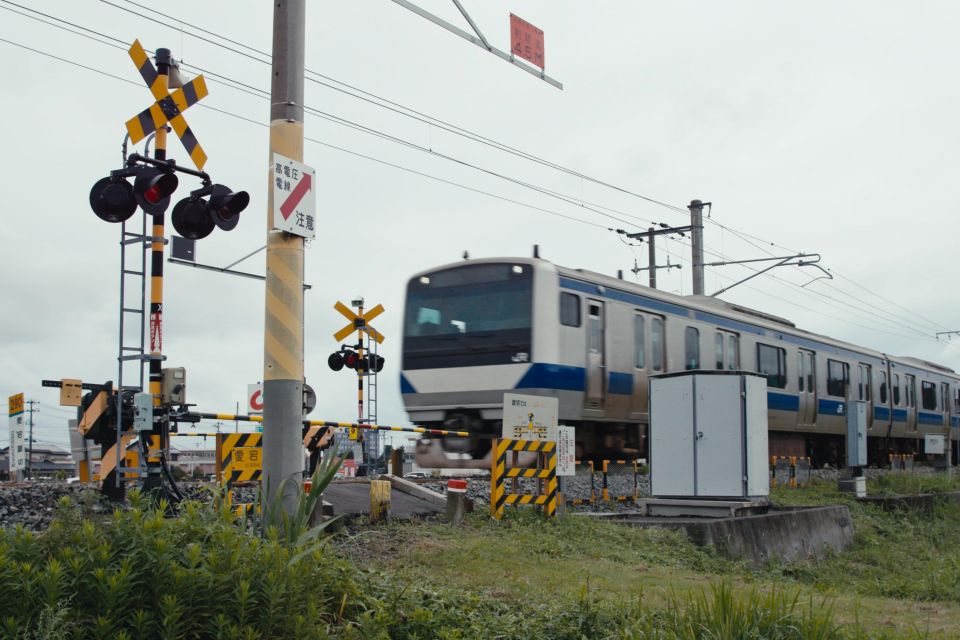
Becoming operational in 2010, 4R Energy Corporation reportedly receives thousands of used Nissan Leaf EV batteries each year.
At the end of its life cycle on the road, Nissan says the Leaf’s lithium-ion battery still retains around 60 to 80 per cent of its electricity storage capacity.
These used lithium-ion battery modules are analysed and ranked for their future purpose.
The top-tier ‘A-rank’ battery modules are deemed to have sufficient performance and can be used as a replacement battery for EVs according to Nissan, whereas ‘B-rank’ modules have a lower load capacity and can be used for stationary battery solutions.
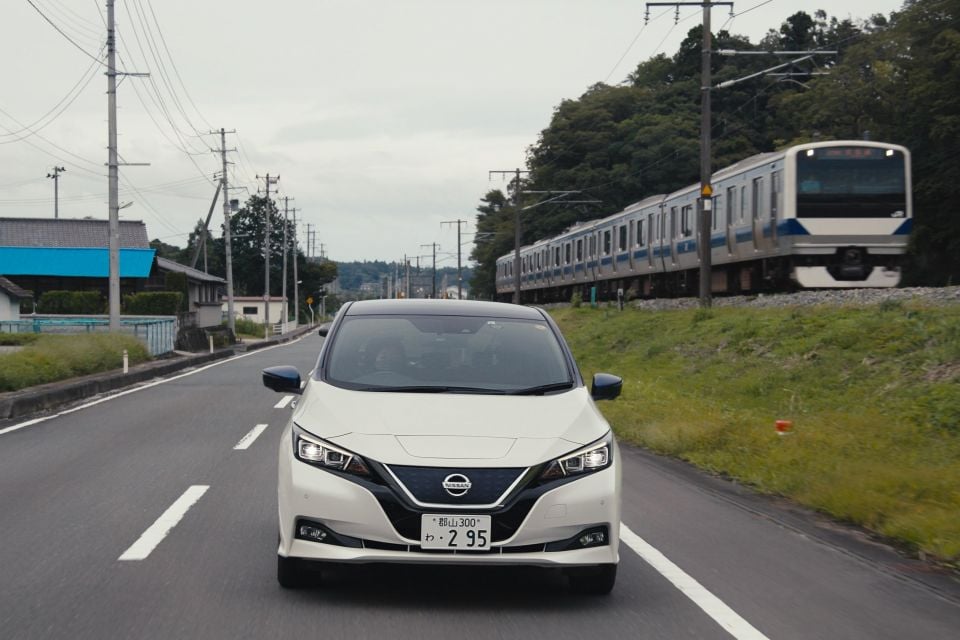
‘C-rank’ modules can only be used for applications with lower load capacity than ‘B-rank’, as a backup storage battery just like the ones used in the railway crossing trial.
Nissan says the life of the repurposed battery is on average 10 years, compared to three to seven years for a lead-acid battery, and can be charged in a third of the time.
“With lead-acid batteries, we have to periodically visit railroad crossings to check the state of charge and any deterioration,” said Kaito Tochihara, JR East assistant chief researcher.
“However, with repurposed lithium-ion batteries, there is a control system attached, similar to an EV, so we can remotely check the battery’s status. This should lead to improved maintenance standards.”
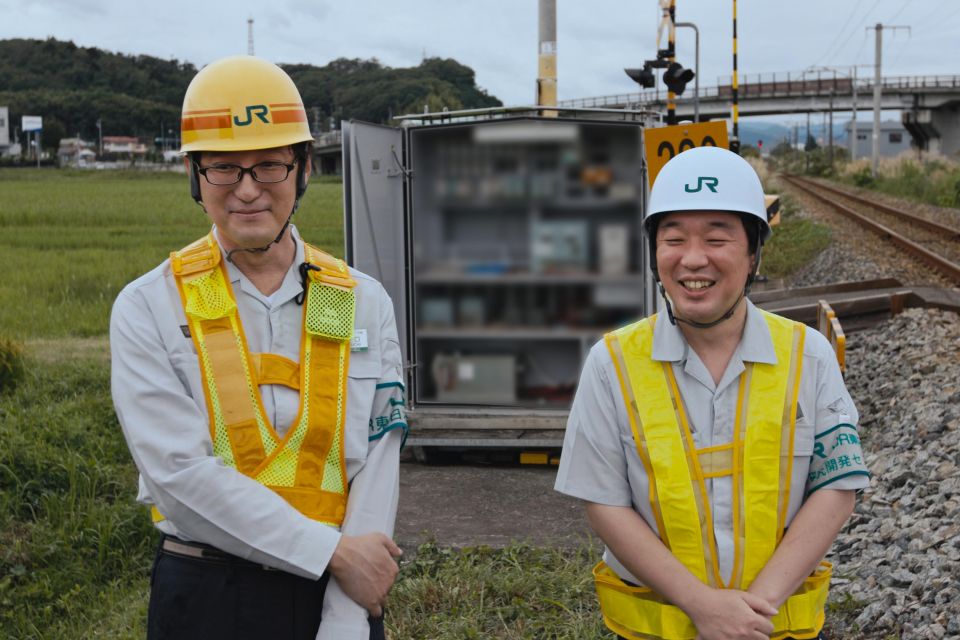
“This system also enables preventative maintenance by informing us of the battery’s status before its voltage becomes too low.”
The work needed to get this trial at the Atago crossing underway started in January 2021, with plans to test repurposed EV batteries at other railway crossings on the Jōban and Mito lines in the future.
“If we can confirm, in this trial, that repurposed batteries are safe for use on railways, then I think we can expect this initiative to be expanded,” said Tochihara.
“For example, in wireless communications equipment.”
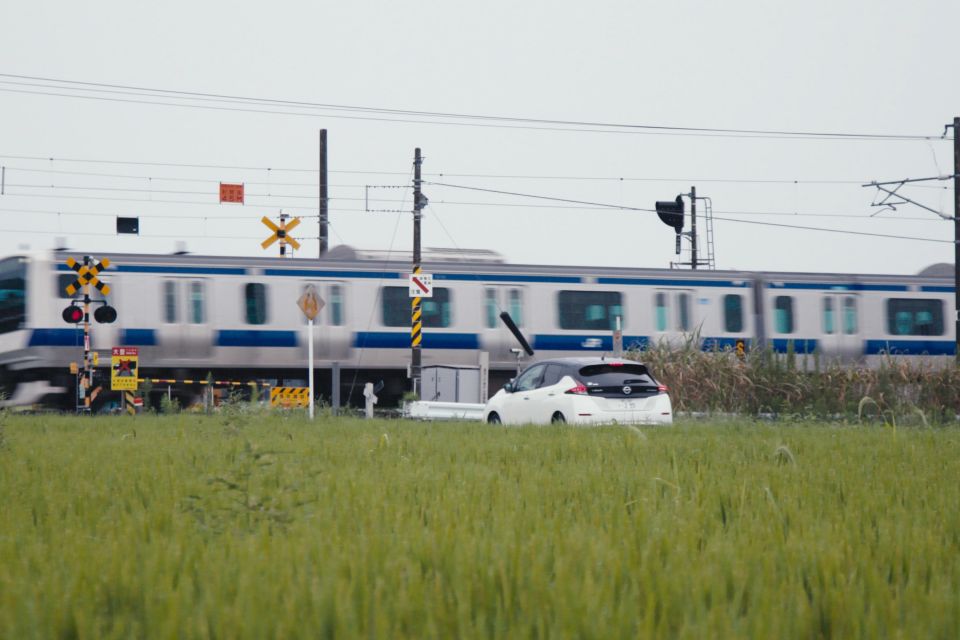
There is one issue that threatens this trial’s success, which is lightning.
Traditionally, if lightning strikes an EV, the electricity flows to the ground through the vehicle’s body. This prevents the sudden abnormal high voltage from flowing into the battery pack.
However, the repurposed EV batteries that are at the railway crossing are connected by cables to devices such as barriers, alarms and control equipment.
If lightning strikes nearby, the voltage can potentially flow directly into the battery through those connected cables.
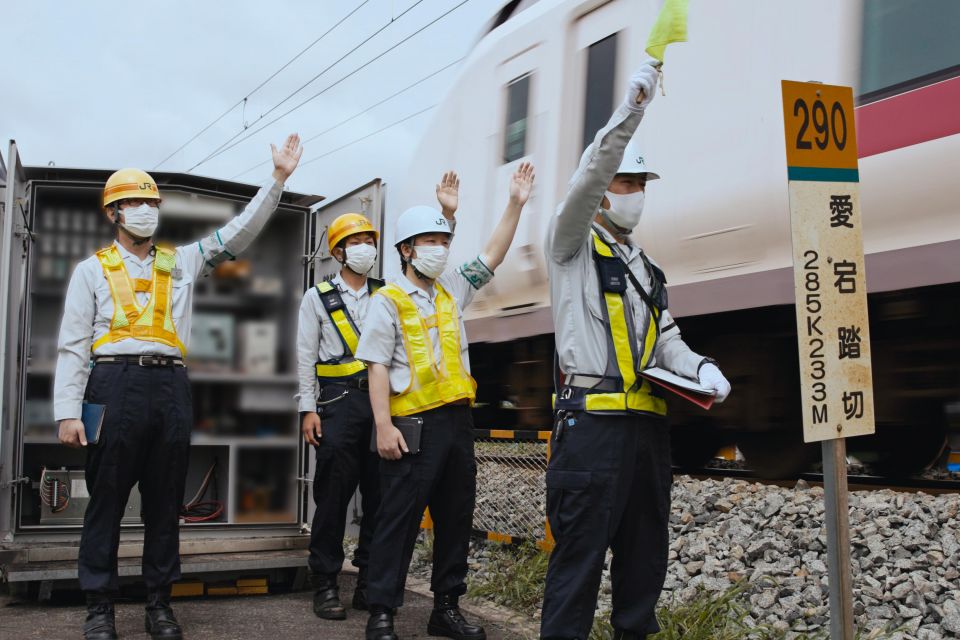
In order to withstand such power surges, modifications were reportedly made to the battery’s control infrastructure in the development stage.
The repurposed EV batteries at the Atago crossing are currently facing their first autumn in Japan which Tochihara is looking forward to.
“In autumn there are lots of lightning storms and typhoons,” said Tochihara.
“We will continue to analyse batter performance, building on promising initial results. We will also use feedback from those who maintain the railroad crossings, making them safer to use.”
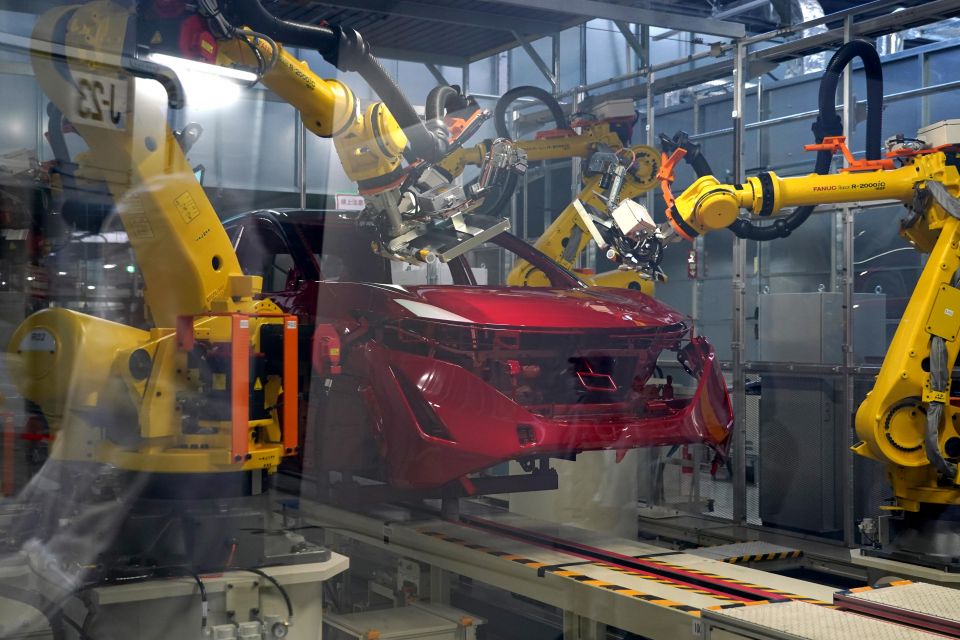
Nissan beat myriad rival brands to the electric vehicle market with its Leaf hatchback, and it’s finally giving the model a follow-up.
The brand’s new Ariya electric SUV is scheduled to start mass production by the end of March 2022.
It’s built on a new platform, will offer a choice of single-motor front-wheel drive or dual-motor all-wheel drive variants, and will come either 65kWh or 90kWh battery packs.
The company has also overhauled its Tochigi plant with new autonomous manufacturing processes that are set to become the blueprint for its future sites.
MORE: Everything Nissan Leaf
Go deeper on the cars in our Showroom, compare your options, or see what a great deal looks like with help from our New Car Specialists.
Jack Quick is an automotive journalist based in Melbourne. Jack studied journalism and photography at Deakin University in Burwood, and previously represented the university in dance nationally. In his spare time, he loves to pump Charli XCX and play a bit of Grand Theft Auto. He’s also the proud owner of a blue, manual 2020 Suzuki Jimny.


Damion Smy
7 Minutes Ago
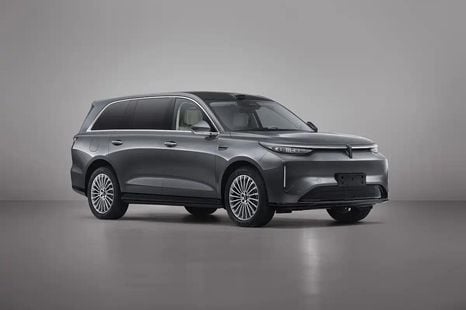

William Stopford
1 Hour Ago
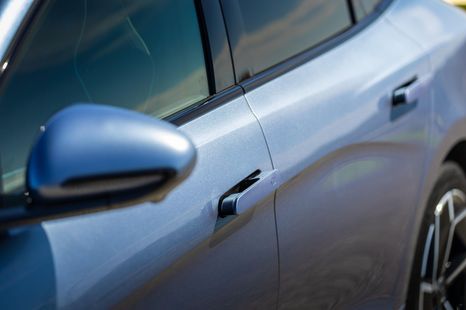

Damion Smy
4 Hours Ago
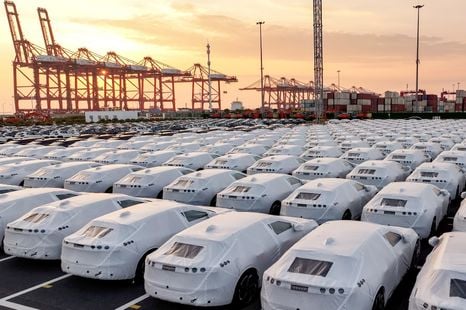

Ben Zachariah
5 Hours Ago
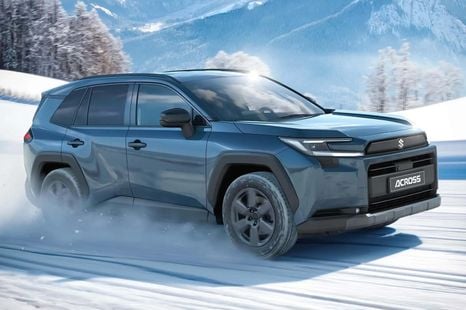

Damion Smy
5 Hours Ago
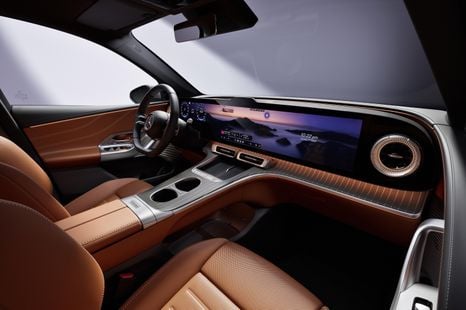

William Stopford
6 Hours Ago
Add CarExpert as a Preferred Source on Google so your search results prioritise writing by actual experts, not AI.